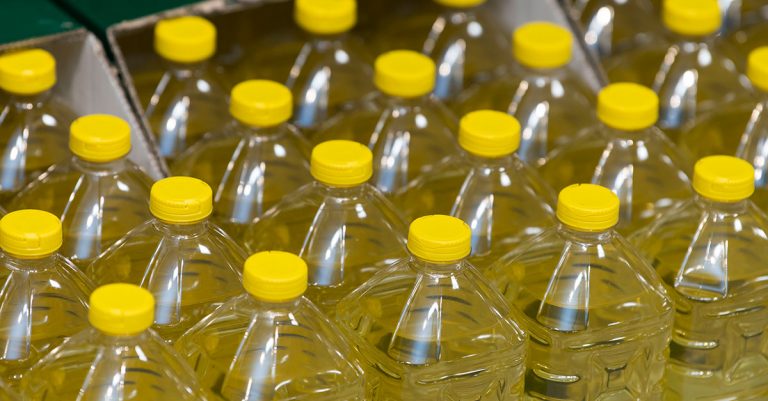
Photo: Getty Images
A recent notice issued by the Department of Agriculture, Land Reform and Rural Development (agriculture department) instructs food inspectors and those of designated assignees to follow up on food labelling that is misleading or incorrect in terms of the Agricultural Product Standards Act of 1990 (APS Act).
The notice overturns a previous instruction, that had inspectors ignore such labelling, emanating from a 2020 meeting between the Directorate of Food Safety and Quality Assurance of the department and the head of the trademarks division at the Department of Trade, Industry and Competition (DTIC).
At this meeting, it was decided that trademarks and/or labelling were the responsibility of the DTIC in terms of the Trade Marks Act of 1993, and that agricultural inspectors should ignore it.
According to the notice, the department continued to receive many queries about misleading trademarks and/ or labelling, and therefore obtained a legal opinion on its mandate in terms of the APS Act. According to the legal opinion, the language of the Act did not make provision for food inspectors to investigate trademarks and/or labelling.
Adriaan du Toit, chairperson of the South African Bee Industry Organisation (SABIO), welcomed the latest notice. He said the South African bee industry, worth R4 billion annually, had a very significant problem with fake honey.
“Inspectors following up on suspicious [honey] products will help to protect the local industry,’’ he said.
Du Toit added that SABIO had requested an industry analysis from the department, as the extent of the fake honey problem had not been researched or quantified, thus making it difficult to address.
Nick Wilkinson, chairperson of SA Olive, also welcomed the latest notice. He said the South African olive industry had had a long battle with misleading labelling on imported olive oil in particular, which sometimes made claims of being extra virgin and cold- pressed. These products were then sold at much lower price points than what was competitive for genuine extra virgin and cold-pressed oil produced locally.
Vittoria Jooste, manager of SA Olive, said South Africa had about 200 olive growers who were producing 1,5 million to two million litres of olive oil per year.
“We import an estimated 6,5 million litres [of olive oil] a year, so misleading labelling poses a serious threat to our industry, primarily in terms of erosion of consumer confidence.’’










